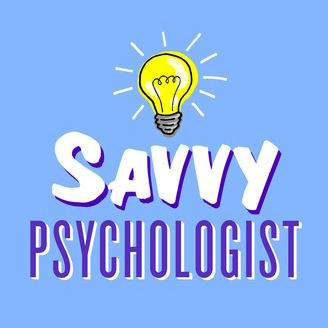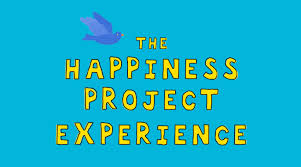How Authors, Publishers and Agents are Developing New Revenue Streams

To help their authors make a splash and to stay financially viable, publishers are on the hunt for additional revenue streams. They’re launching ad-supported podcasts with authors as experts, teaching online courses, partnering with brands, and more. And last week in Penguin Random House’s Maya Angelou Auditorium, Women’s Media Group gathered several heavy hitters who have track records helping authors in this arena. The panelists discussed developing content that audiences want while maintaining an authentic feeling of connection. Here’s a taste of what they covered:
Pay attention to your audience at all stages
Christy Fletcher, founder of Fletcher & Company, described her approach to creating new revenue streams for her author clients as creating a “noisy, robust launch while listening closely to the audience.” This means paying attention to what platforms they are using, what questions they are asking, and what other media they are consuming. Then, she is better able to amplify the work her authors are already doing and give that audience new material that they will enjoy.

Kathy Doyle, VP of Podcasts at Macmillan rigorously researches before committing seriously to a new venture. Before she started working with Ellen Hendricksen on what would become The Savvy Psychologist, Doyle and her team had already conducted a study to determine that psychology was of interest to their pre-existing audience. With that audience insight in place, she was able to confidently launch a new project with the assurance that there was an audience waiting for that content.
But the research doesn’t stop there. Doyle advised the audience to keep track of podcast appearances or online tutorials in a marketing and publicity calendar so that when publishers see a spike of interest, they can better trace it back to specific timing and strategy and replicate it in future efforts.
Scaling intimacy
During the Q&A, audience member Leah Siepel, founder of Leah Siepel Courses asked the panel about scaling intimacy with larger online courses. She told the audience that in her own work building online courses for clients, courses with higher degrees of contact between the educator and the audience led to higher course completion rates. She wanted to know how to build bigger audiences without sacrificing the personal attention that leads to greater end-user satisfaction. The panelists all agreed that this is a challenge when growing audiences, and that successful online courses must be more engaging than a video of someone talking for 30 minutes.

Christy Fletcher described how she and Gretchen Rubin tackled this issue for The Happiness Project Experience, an immensely popular year-long course with a waiting list. They created smaller groups of participants within the wider course, using a cohort-based model with monthly modules and live call-ins to help members feel more connected to each other and to Rubin. Moderator Stephanie Bowen suggested filming lessons in front of a live audience to help viewers feel more like a part of an active learning community. Bowes suggested working with a company like Creative Live. Joan O’Neil, Vice President at Skillsoft Books, incorporates visuals to give online courses more of a Ted Talk feel. With options like live call-ins, production companies creating live lessons, and more, it’s possible to create truly dynamic and engaging online courses that resonate with viewers.
Podcast revenue model changes
Kathy Doyle described the changes that are happening in podcast advertising. Currently, most podcasts use live-read ads where hosts read ad copy for a product. This method capitalizes on the intimacy that podcast listeners feel when they hear a host speaking directly into their ears. Ads read by hosts feel like recommendations from a friend. However, as Doyle noted, the process of matching podcasts to products to create natural-sounding ads is both highly manual and highly time-consuming. Plus, podcast listeners are quick to recognize when an ad doesn’t sound natural or doesn’t fit with the host’s brand. Podcasts are beginning to go the way of digital advertising more broadly, which is to say programmatic. Increasingly, brands will be able to buy podcast audiences rather than listeners to a specific show. Programmatic advertising is show-agnostic, meaning that it will be able to, for example, target young urban parents who are likely to purchase a meal kit subscription rather than all listeners of The Racist Sandwich.
With any effort to build in new revenue streams or platforms for authors, the key is to listen to what their audience wants and to provide an engaging and authentic experience.
Speakers
- Kathy Doyle, Vice President, Podcasts, Macmillan Publishers
- Christy Fletcher, Founder and CEO, Fletcher & Company
- Joan O’Neil, Vice President, Skillsoft Books
- Moderator: Stephanie Bowen, Senior Manager, Publishing Development & Author Platforms, Penguin Random House
Women’s Media Group, founded in 1973, is a New York-based nonprofit association of women who have achieved prominence in many fields of media. Their 250-plus members, drawn from book, magazine, and newspaper publishing; film, television, online and other digital media, meet, collaborate, inform and support one another as well as mentor young women interested in publishing careers. They seek to advance the position of all women through the power of communication and media. Find out about their upcoming events here.

One thought on “Beyond the Book with Women’s Media Group”